
Mihai Eminescu was a Romanian Romantic poet from Moldavia, novelist, and journalist, generally regarded as the most famous and influential Romanian poet. Eminescu was an active member of the Junimea literary society and worked as an editor for the newspaper Timpul, the official newspaper of the Conservative Party (1880–1918). His poetry was first published when he was 16 and he went to Vienna, Austria to study when he was 19. The poet's manuscripts, containing 46 volumes and approximately 14,000 pages, were offered by Titu Maiorescu as a gift to the Romanian Academy during the meeting that was held on 25 January 1902. Notable works include Luceafărul, Odă în metru antic, and the five Letters (Epistles/Satires). In his poems, he frequently used metaphysical, mythological and historical subjects.
Mircea Dinescu is a Romanian poet, journalist, and editor.

Lucian Blaga was a Romanian philosopher, poet, playwright, poetry translator and novelist. He was a commanding personality of the Romanian culture of the interbellum period.
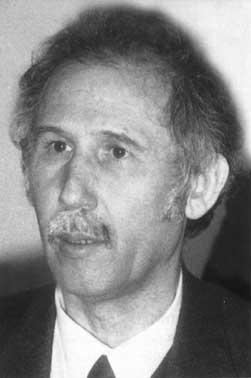
Marin Sorescu was a Romanian poet, playwright, and novelist.
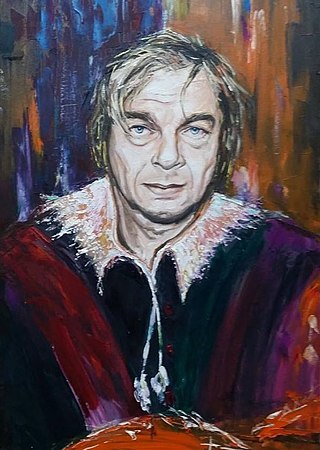
Nichita Stănescu was a Romanian poet and essayist.
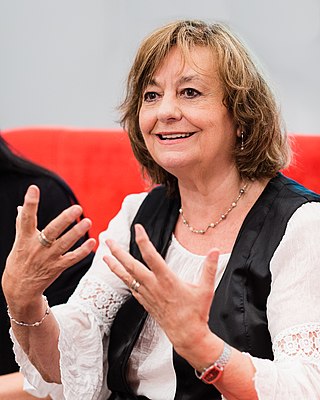
Ana Blandiana is a Romanian poet, essayist, and political figure. She is considered one of the famous contemporary Romanian authors. She took her name after Blandiana, near Vințu de Jos, Alba County, her mother's home village.
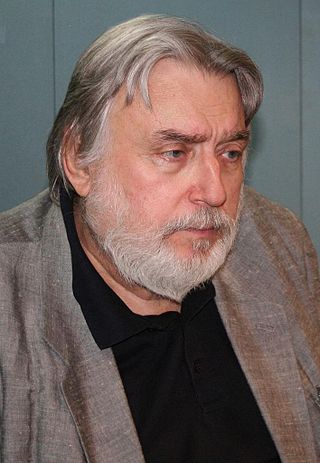
Adrian Păunescu was a Romanian writer, publisher, cultural promoter, translator, and politician. A profoundly charismatic personality, a controversial and complex figure, the artist and the man are almost impossible to separate. On the one hand he stands accused of collaboration with the Communist regime, but on the other hand he was persecuted and ostracised by the regime when he started to confront its failures, and when his influence started to be considered dangerous.
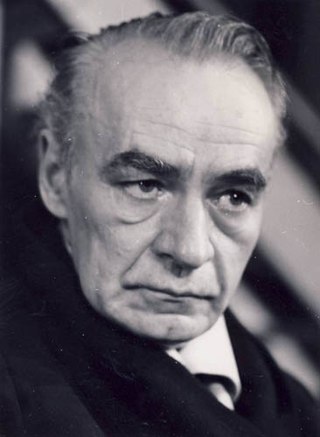
Emil Botta was a Romanian actor and writer.
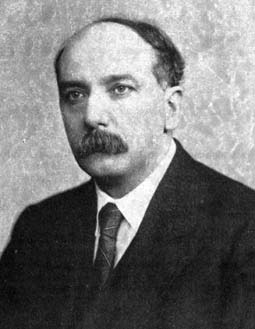
Ion Barbu was a Romanian mathematician and poet. His name is associated with the Mathematics Subject Classification number 51C05, which is a major posthumous recognition reserved only to pioneers of investigations in an area of mathematical inquiry. As a poet, he is known for his volume Joc secund, in which he sought to fulfill his vision of a poetry which adhered to the same virtues that he found in mathematics.

Radu Gyr was a Romanian poet, essayist, playwright and journalist.
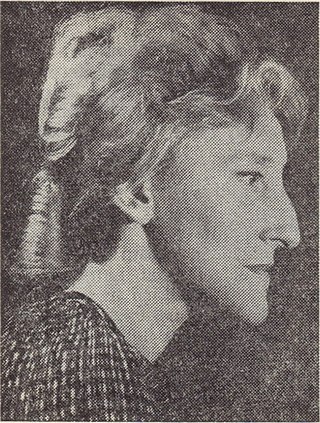
Nina Cassian was a Romanian poet, children's book writer, translator, journalist, accomplished pianist and composer, and film critic. She spent the first sixty years of her life in Romania until she moved to the United States in 1985 for a teaching job. A few years later Cassian was granted permanent asylum and New York City became her home for the rest of her life. Much of her work was published both in Romanian and in English.
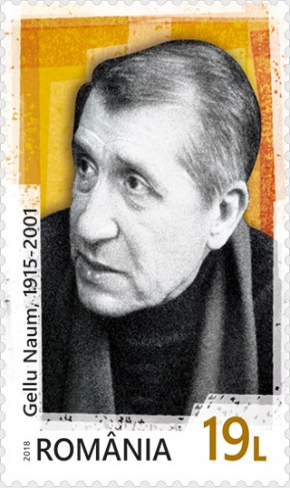
Gellu Naum was a Romanian poet, dramatist, novelist, children's writer, and translator. He is remembered as the founder of the Romanian Surrealist group. The artist Lygia Naum, his wife, was the inspiration and main character in his 1985 novel Zenobia.

Ștefan Augustin Doinaș was a Romanian Neoclassical poet of the Communist era. He wrote 23 books of poetry, as well as children's books, essay collections, and a novel.
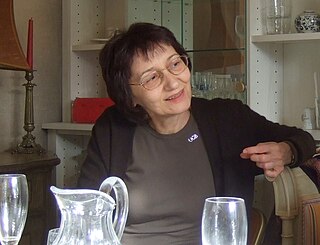
Marta Petreu is the pen name of Rodica Marta Vartic, née Rodica Crisan, a Romanian philosopher, literary critic, essayist and poet. A professor of philosophy at the Babeş-Bolyai University in Cluj-Napoca, she has published eight books of essays and seven of poetry, and is the editor of the monthly magazine Apostrof. Petreu is also noted as a historian of fascism, which she notably dealt with in her book about the controversial stances of philosopher Emil Cioran.
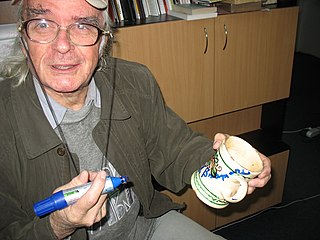
Emil Brumaru was a Romanian writer and poet. He was renowned for his erotic poetry.
Magda Cârneci is a poet, essayist, and art historian born in Romania. She took a Ph.D. in art history at Ecole des Hautes Etudes en Sciences Sociales in Paris (1997) and received several international grants in literature and art history. Member of the well-known “generation of the ‘80s” in Romanian literature, of which she was one of the theoreticians, after the Revolution of December 1989 she became actively involved in the political and cultural Romanian scene of the 1990s. In the 2000s, after working as a visiting lecturer at the National Institute of Oriental Languages and Civilizations (INALCO) in Paris, she was the director of the Romanian Cultural Institute in Paris. At present, she is visiting professor at the National University of Arts in Bucharest, editor-in-chief of ARTA magazine for visual arts, and president of PEN Club Romania. She is also a member of the European Cultural Parliament.
Aurel Rău is a Romanian poet, novelist, and translator.
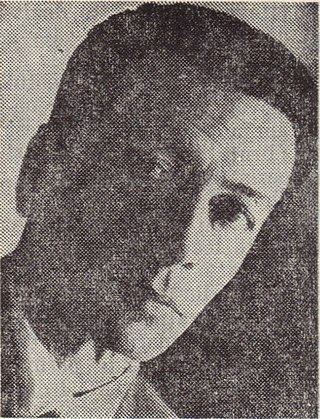
Geo Dumitrescu was a Romanian poet and translator.

Daniel Ioniță is an Australian poet and translator of Romanian origin, who has been published bilingually in Australia, USA, and Romania. Ioniță is known for his writing, especially poetry and poetry in translation, as well as for his cultural activity leading the Australian-Romanian Academy for Culture.

Daniel Reynaud is an Australian historian whose work on Australian war cinema and on Australian World War I soldiers and religion has challenged aspects of the Anzac legend, Australia’s most important national mythology built around the role of Australian servicemen, popularly known as Anzacs
















